
Morocco’s burgeoning tourism sector, coupled with the overall recovery of the market, is boosting investor interest in the country’s hotels industry.
Local institutional investors such as Caisse de Depot et de Gestion have developed and renovated high quality properties, including the Banyan Tree in Tamouda Bay, while Abu Dhabi-based developer Eagle Hills is currently building a Fairmont hotel as part of the Bouregreg Valley master plan.
High net worth individuals and family offices are also taking a greater interest in the country’s hotel industry, spurred on by the Government’s aim to increase the number of tourists from 11.35 million in 2017 to 15 million in 2020. It’s a more conservative figure than the previous target of 20 million tourists, after financing challenges resulted in a delay to the “Vision 2020” initiative.
The Government’s new roadmap is expected to have a positive impact on Morocco’s hotel industry by providing new financing solutions, an effective marketing strategy and training for workers.
The latest figures demonstrate an already improving sector, with average occupancy of 63 percent in the first four months of 2018, up from 57 percent a year ago, according to JLL’s analysis of STR data. This performance hasn’t been delivered at the expense of the average daily rate, which rose by almost 23 percent from US$109.20 to US$138 over the same period.
A big driver has been the launch of new hotel brands in Morocco, “which are promoting the country as an attractive tourism destination,” according to Naziha Bagui, from JLL’s Hotel & Hospitality Group, Middle East and North Africa (MENA). “In addition to this, the Moroccan Government has introduced a series of policies that aim to diversify its feeder markets by attracting visitors from newer countries like China, while regaining the trust of traditional markets.”
Political instability in North Africa and the Middle East, combined with terrorist attacks around the globe, saw many of Morocco’s tourists shy away from the country three years ago. But these visitors are now starting to return, helped by well-known and trusted international brands like Marriott International and Radisson Blu entering the market.
At the same time, the Government aims to attract 500,000 Chinese tourists by 2020, up from 10,000 in 2017. It has removed tourist visa requirements for Chinese citizens and is establishing partnerships with international airlines to increase the number of flights between China and Morocco.
Fuelling investment
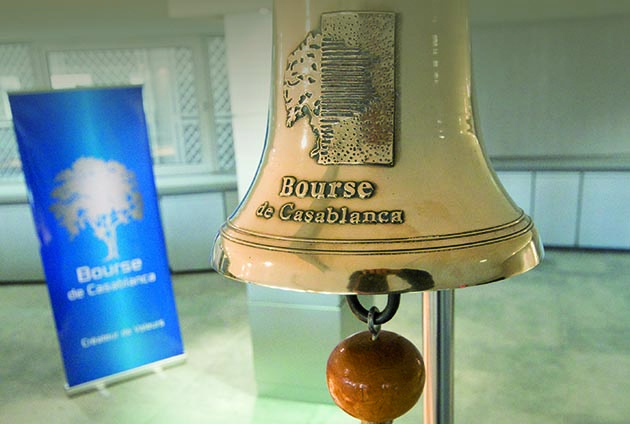
All of these measures combined, says Bagui, are creating an environment that is ripe for investment.
“Morocco offers diversity to hotel investors as it attracts a mix of business, leisure, cultural and religious visitors,” she said. “Meanwhile, the Central Bank is reinforcing its monetary system by allowing the Dirham to fluctuate to five percent against hard currencies, with the aim of improving the investment environment and protecting the economy against shocks. Other elements ushering in a positive outlook include the addition of new feeder markets, political and social stability, and improving hotel performance.”
“All in all, the conditions are attractive for almost all types of investor. Although the market remains untapped by risk-averse investors such as pension funds and insurances,” she says.
Currently, investment opportunities are to be found in new developments. There is a strong pipeline of new hotels, with Royal Al Mansour due to re-open in Casablanca by 2021, Ritz Carlton in Rabat by 2019, JW Marriott and Hilton Garden Inn in Casablanca in 2020 and 2021, respectively.
The Moroccan Government is planning to increase both quantity and quality of hotel supply coming years, so there are “real opportunities for both foreign and local developers as well as hotel operators,” explained Bagui. “While the market has been cold in terms of outright acquisitions, we expect to see some assets changing hands in the next two to three years.”
Brand opportunity

Despite there being several new hotel openings on the cards, demand is expected to keep up with supply. Morocco is home to several unbranded properties which are not compliant with international standards, offering brands the chance to partner with owners, take over properties, and increase the quality of the country’s hotel stock.
“The increase in leisure tourism offers hotel brands the opportunity to develop new and innovative lifestyle concepts – something Morocco has historically lacked,” Bagui added. “In addition, with the economy expected to record a real growth of 4 percent in 2018 as forecast by the IMF, it creates opportunities for urban, corporate-geared hotels based in business hubs like Casablanca and Tangier.
Prepared by : Investing in Morocco Team
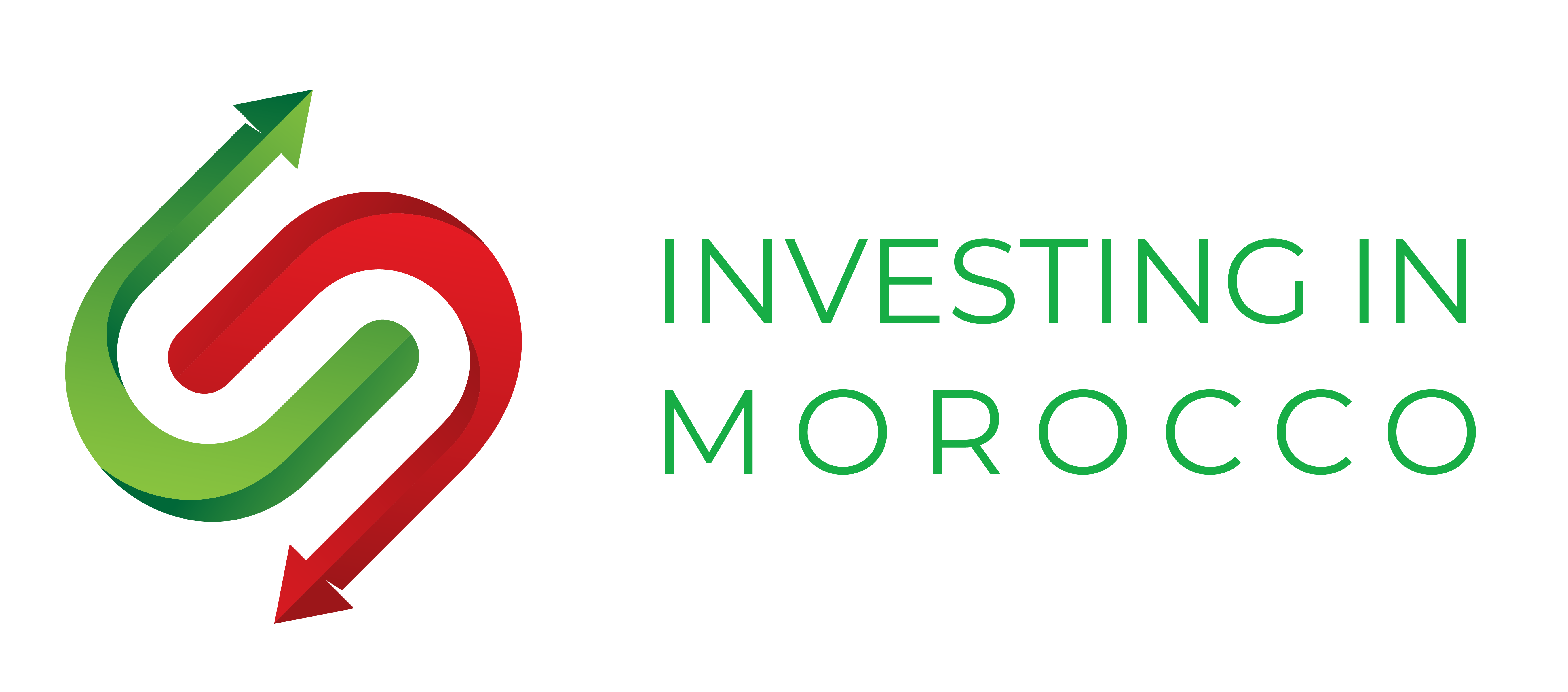

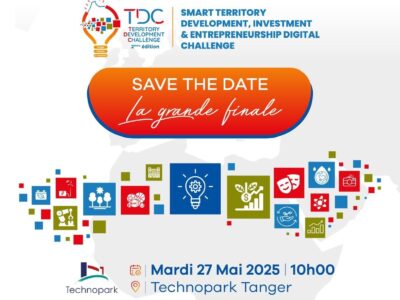
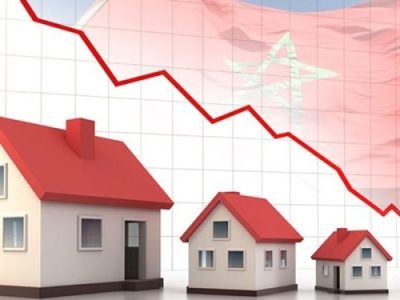
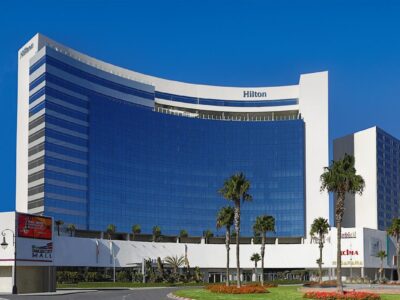
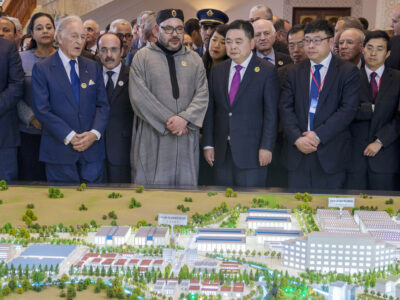
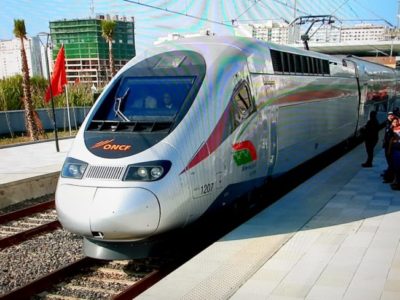




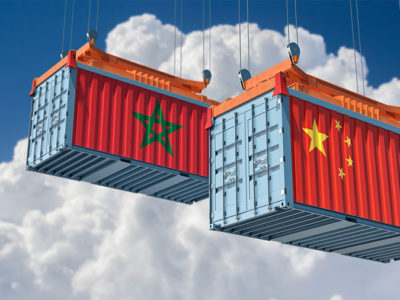
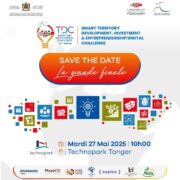
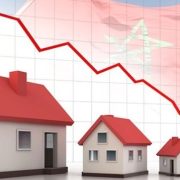
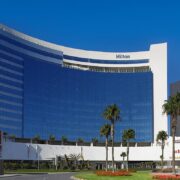
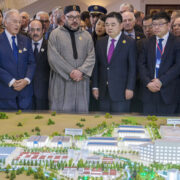
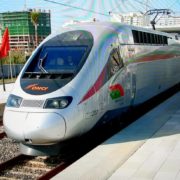


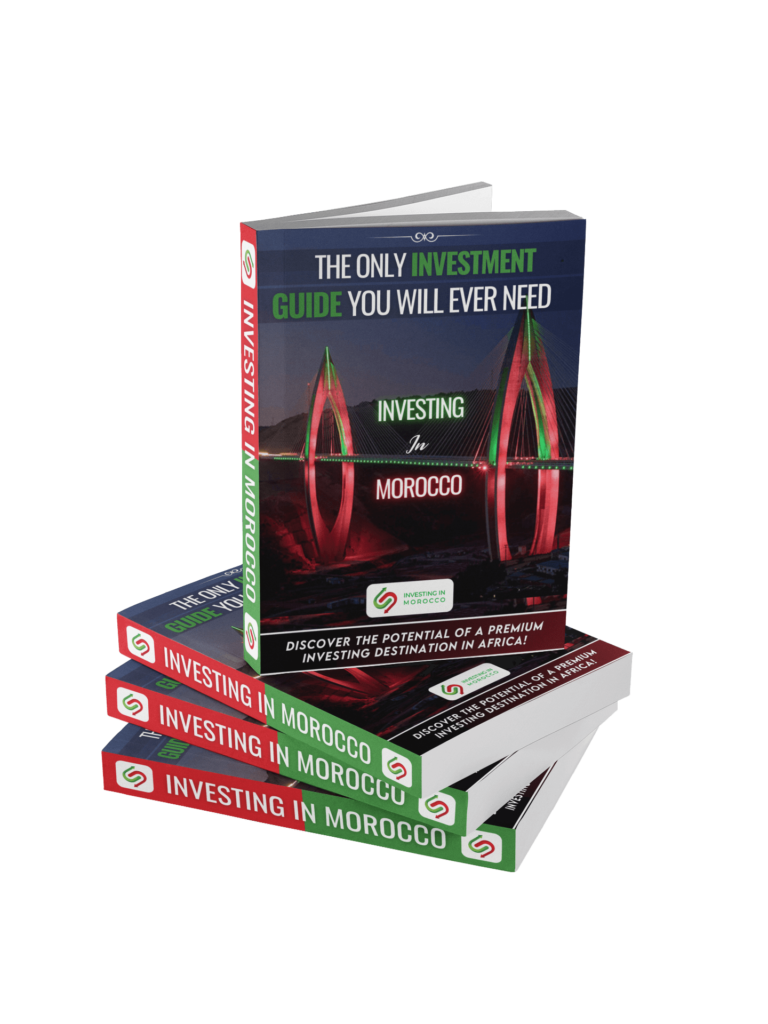
Comments